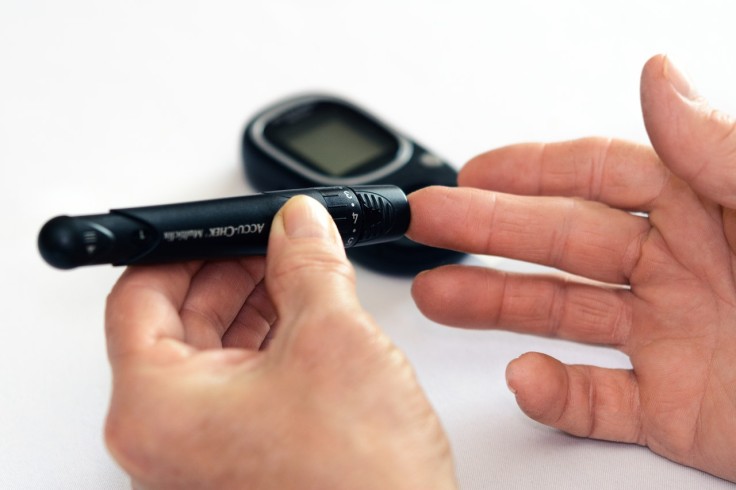
Having diabetes means that you are more likely at risk of having cardiovascular disease and have a greater possibility of a heart attack or a stroke. People with diabetes are also more likely to have certain conditions, or risk factors, that increase the chances of having high blood pressure or high cholesterol that can later lead to many complications, one of them is the risk of having cardiovascular diseases. If you have diabetes, you can help yourself in preventing unwanted heart attacks by managing your blood glucose, also known as blood sugar, as well as monitoring your blood pressure and cholesterol.
There is a great connection between diabetes and cardiovascular diseases. Eventually, high blood glucose from diabetes can destroy your blood vessels and the nerves that control your heart and blood vessels. The longer you have diabetes, the higher the risk that you will develop cardiovascular disease.
Patients with diabetes are more likely to develop heart disease at a younger age than people without diabetes. In adults, diabetes is the most common cause of heart disease and stroke that can lead to death. Adults with diabetes are nearly twice to more likely to die from heart disease or stroke than people without diabetes.
Here are several factors that increase your chance of having cardiovascular or heart disease when you already have diabetes.
Smoking. This kind of bad habit raises your chance of developing heart disease. If you have diabetes, it is necessary to stop smoking because of both smoking and diabetes narrow blood vessels. Smoking also increases the risk of developing other long-term problems such as lung disease. It also can damage the blood vessels in your legs and increase the risk of lower leg infections, ulcers, and amputation.
High blood pressure. Your heart must work harder to continuously run the blood throughout the body. High blood pressure can strain your heart, damage blood vessels, and increase your risk of heart attack, stroke, eye problems, and kidney problems due to abnormal blood circulation.
Abnormal cholesterol. Cholesterol is a fat produced by your liver and found in your blood. There are two kinds of cholesterol in your blood: LDL and HDL. LDL, often called "bad" cholesterol, can build up and clog your blood vessels. High levels of LDL cholesterol raise your chance of developing heart disease. There is another type of blood fat known as triglycerides. It is derived from eating fatty and sweet foods. High triglycerides can also lead to having diabetes and heart diseases.
Obesity. Having a great amount of excess fat can affect your ability to manage your diabetes and increase your risk of many health problems, including heart disease and high blood pressure. If you are overweight, a healthy eating plan with reduced calories will lower your glucose levels and reduce your need for medications.
Excess belly fat around your waist, even if you are not overweight, can also raise your chances of developing heart disease. You have excess belly fat if your waist measures 40 inches (men) and 35 inches (women).
Family history of cardiovascular disease may also add to your chances of developing one. Since most of the illnesses we experience are genetically acquired therefore if one or more of your family members had a heart attack before age 50, you are at risk of developing the same.
© 2025 University Herald, All rights reserved. Do not reproduce without permission.








